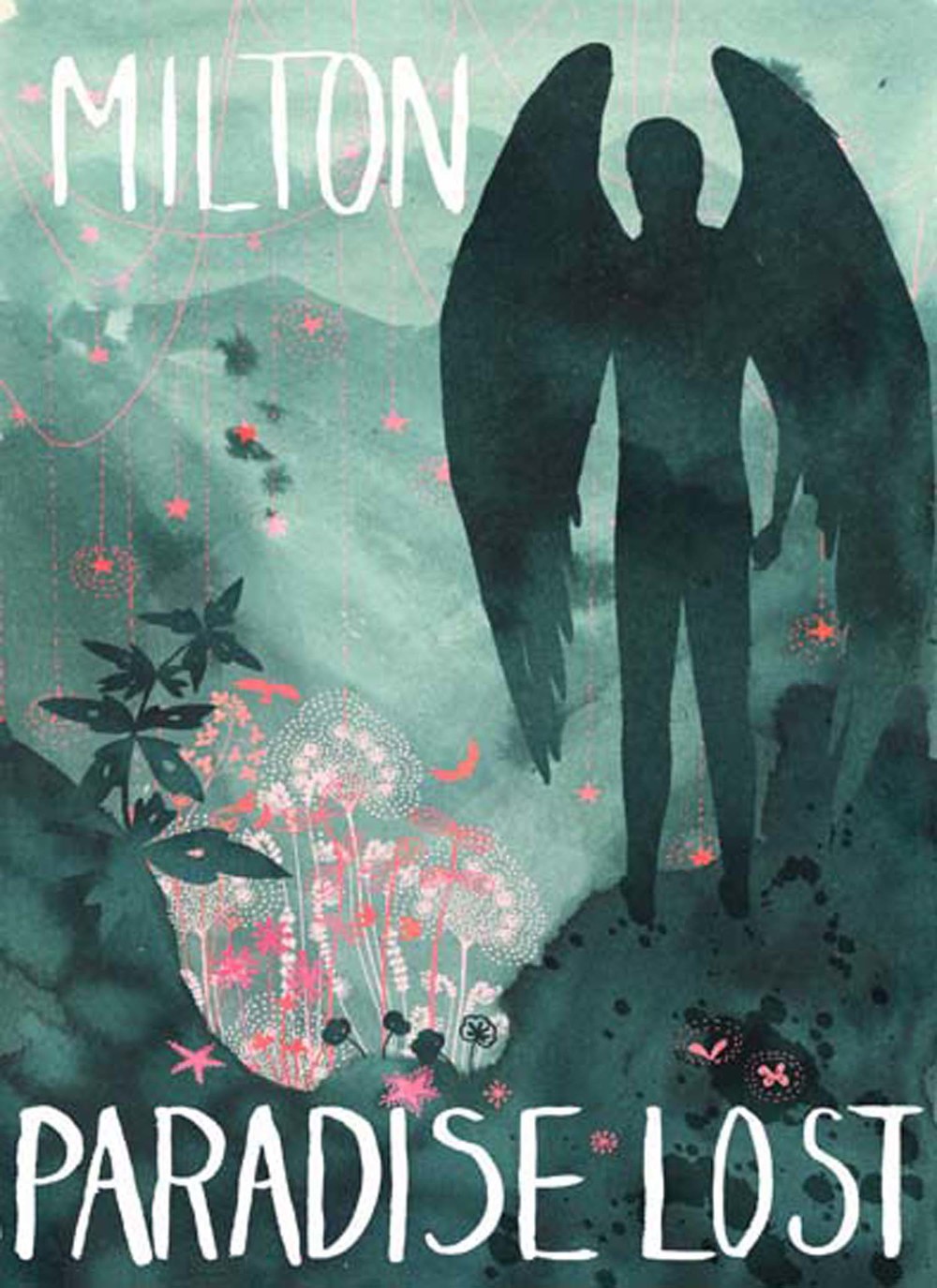

edition of The Amber Spyglass were censored. The idea, Pullman notes, was visually inspired by Leonardo da Vinci’s painting Lady with an Ermine as well as other classical portraits of young women bravely posing with animals, including Holbein’s A Lady with a Squirrel and a Starling, and Tiepolo’s Young Woman with a Macaw. The concept is heavily symbolic, especially since children’s daemons can change shape while those belonging to adults are fixed. In Pullman’s story characters are accompanied by a daemon, an animal that reflects their inner nature. A Leonardo Da Vinci painting inspired Pullman's daemons. Rather than fight with Knopf, though, Pullman acquiesced: “Their obduracy in this matter was accompanied by such generosity in the matter of royalty advances, flattery, promises of publicity, etc, that I thought it would be churlish to deny them this small pleasure.” 3. The name stuck, even after Pullman informed them that the title in the UK and elsewhere would be Northern Lights. Knopf, editors there mistakenly referred to it as The Golden Compass, thinking the name a reference to young Lyra’s alethiometer. After Pullman submitted the first book’s manuscript to U.S.
PARADISE LOST TRILOGY SERIES
Pullman first called his series “The Golden Compasses,” a reference to a line from Milton’s epic poem: “The golden compasses, prepared / In God's eternal store, to circumscribe / The universe, and all created things." The “compass,” in this case, referred to the tool used to draw circles, not the one that indicates direction. The title The Golden Compass was a mistake.

“My story resolved itself into an account of the necessity of growing up, and a refusal to lament the loss of innocence,” he wrote in his introduction to an edition of Paradise Lost. Yes, there are more polar bears and airships in Pullman’s version than in Milton’s, but Pullman maintains the series is in response to the centuries-old work he still cherishes. And instead of a great fall after the loss of innocence, the books celebrate a young girl’s growing up and defying an all-powerful order called The Magisterium. Instead of an all-powerful God, he crafted a frail, petty deity called The Authority.

Years later, he got the idea to write a story that flipped the poem on its head. Pullman read the book as a teenager and fell in love with it. Milton’s epic poem from the 17th century tells the story of Adam and Eve, and of Satan’s banishment from heaven. His Dark Materials is a retelling of Paradise Lost. Here are a few things you might not know about Pullman’s books-which HBO and the BBC have turned into a series starring Lin-Manuel Miranda-and the controversy surrounding them. Yet the series, far from being prohibitively dense, is highly readable and contains all the elements of a spirited fantasy, including armored polar bears, witches, and a Texas gunslinger who flies a hot air balloon. And indeed, each of the books-1995's The Golden Compass, 1997's The Subtle Knife, and 2000's The Amber Spyglass-grappled with questions about philosophy and science, and courted controversy with its critical eye toward organized religion. The series’ name referred to John Milton’s Paradise Lost, a heady reference for what were ostensibly books for teens. In 1995, British author Philip Pullman published The Golden Compass (or Northern Lights, as it was called in most countries outside the U.S.), the first book in the fantasy trilogy collectively known as His Dark Materials.


 0 kommentar(er)
0 kommentar(er)
